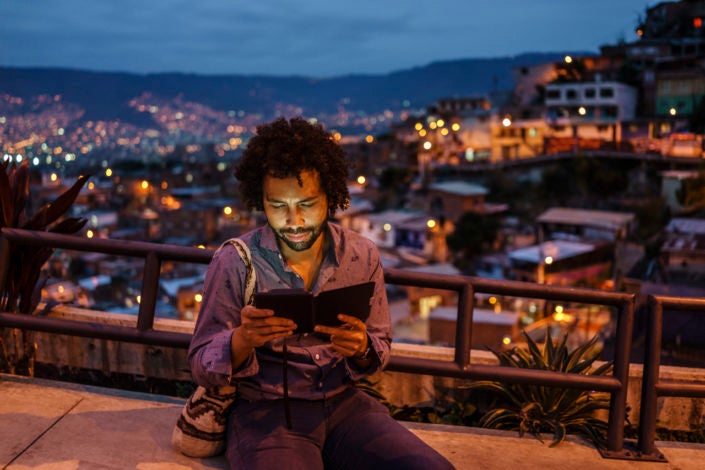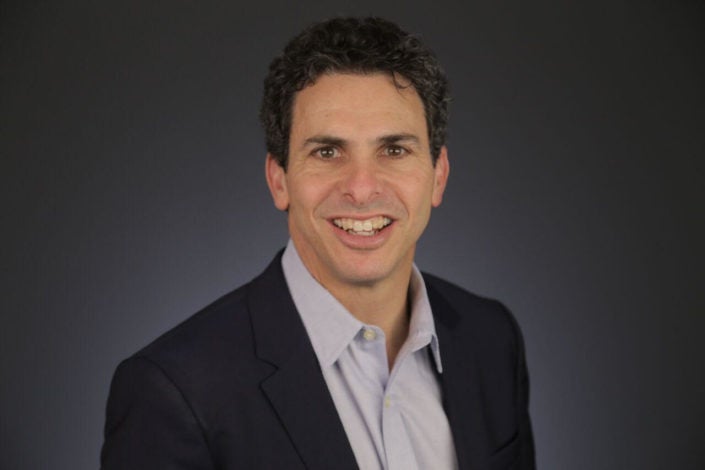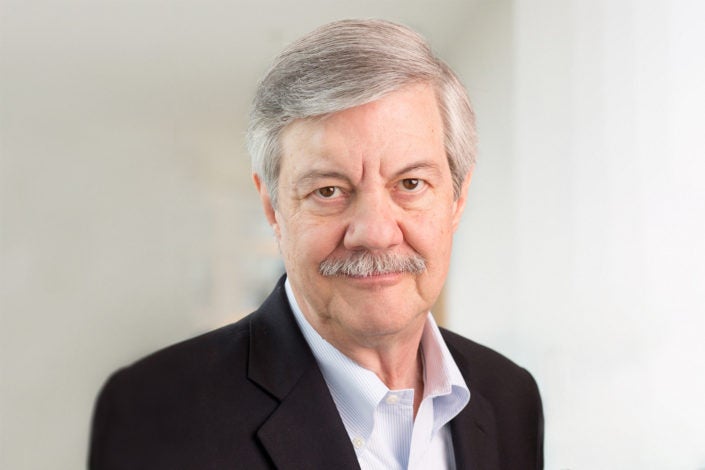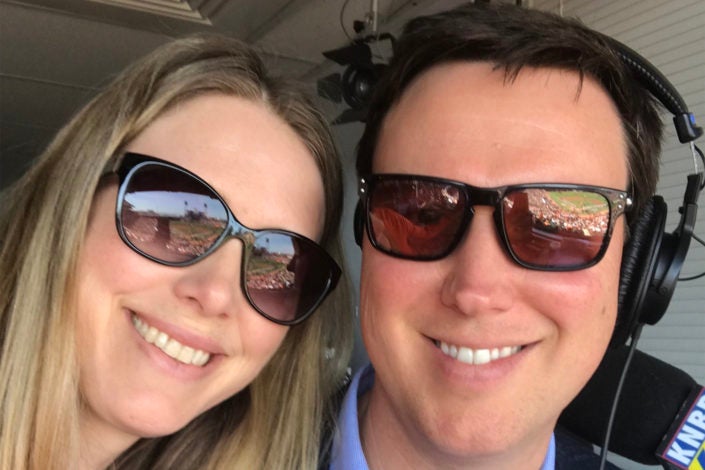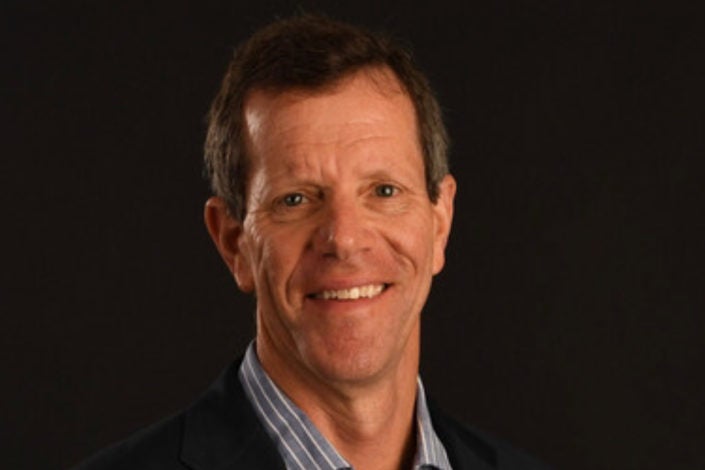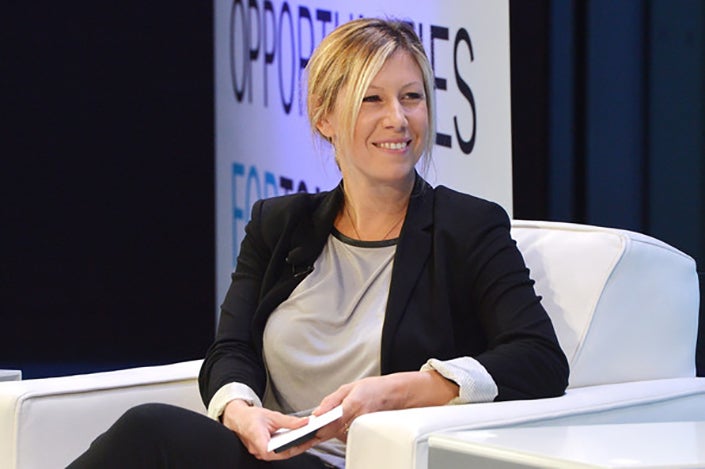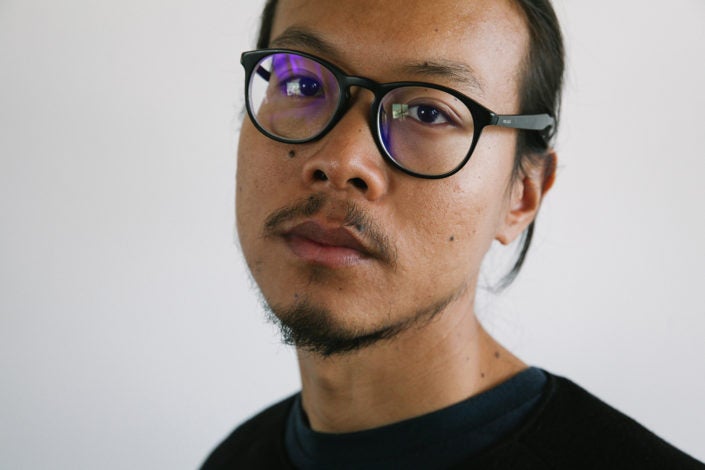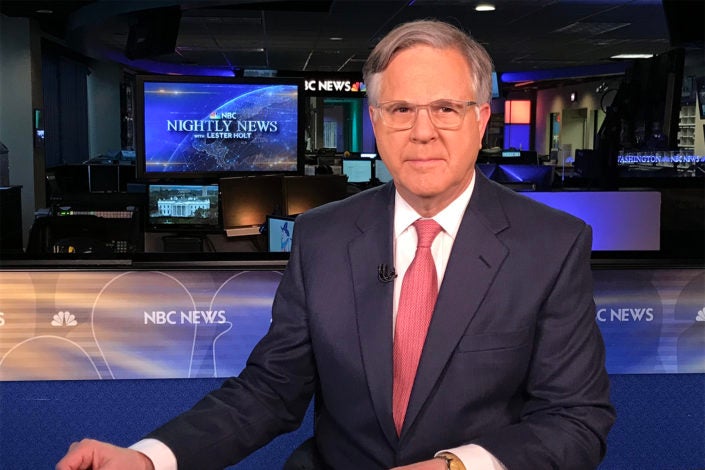Pandemic press: Stanford alumni journalists at the frontlines of COVID-19
Stanford alumni journalists describe how the COVID-19 pandemic has changed their profession and altered the way news is gathered, reported and distributed, as well as what they are seeing on the frontlines.
When news breaks, New York Times correspondent Nick Casey, a Stanford alumnus, is used to getting as close to the action as possible, taking whatever risks are worth it. At least that was the pre-pandemic norm for Casey.
But COVID-19 has forced Casey and other Stanford alumni journalists to retool and refocus as they cover one of the century’s biggest stories. The pandemic has changed their subject matter and the mechanics of how they do their jobs.
While they’ve found new ways to get close to the action, their new journalism is less shoe-leather and more heavily reliant on email, smartphones and Zoom. Backyards and walk-in closets have become broadcast studios. Remote meetings have replaced the intense give-and-take among newsroom reporters on deadline. They’ve developed a patchwork system of planes, trains and automobiles to get the news out as the virus travels the world.
All the while, their playbooks and perspectives have evolved as short dispatches about a mysterious viral outbreak in China turned into intense coverage of heroic health care workers, beleaguered illness victims and societal, cultural and economic changes worldwide. Here are their stories.
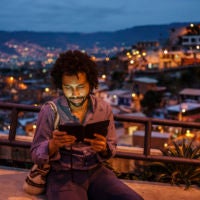
Nick Casey, New York Times
“Covering the coronavirus suddenly sets up a set of concerns you’ve never faced before.”

Bob Cohn, The Economist
“The paradox of the pandemic is that just as our responsibility to deliver news and analysis is more urgent than ever, the process of getting our coverage to audiences is more difficult than ever.”

Ron Elving, National Public Radio
“There are so many things we can do from home, or from a near-home location, that we have not explored or have not put trust in until now.”

Dave Flemming, ESPN & San Francisco Giants
“Sports could be a wonderful distraction for many people right now – even if we cannot hold events with large crowds.”

Vanessa Hua, San Francisco Chronicle
“It’s been fascinating to go where people have gathered online, seeing how they find inspiration and purpose and writing their stories.”

Hannah Knowles, Washington Post
“The coronavirus has become an all-consuming, all-hands-on-deck story that seems to touch every beat imaginable.”

Ivan Maisel, ESPN
“I am a sportswriter, but with no sports to write. That made me a no-sportswriter.”

Doyle McManus, Los Angeles Times
“This won’t be the last pandemic we face. We need to learn lessons from this one to be better prepared the next time.”

Nicole Perlroth, New York Times
“Life on the cyber beat has become a game of whack-a-mole. It has been for some time, but this is unlike anything I have ever seen.”

Elisabeth Rosenthal, Kaiser Health News
“The kind of idea generation that happens hanging around in the newsroom is harder. I think most of us miss the shared sense of passion in the office.”

Gerry Shih, Washington Post
“When I filed short dispatches in January about a mysterious viral outbreak in central China, I didn’t foresee that it would eventually sweep over the world.”


